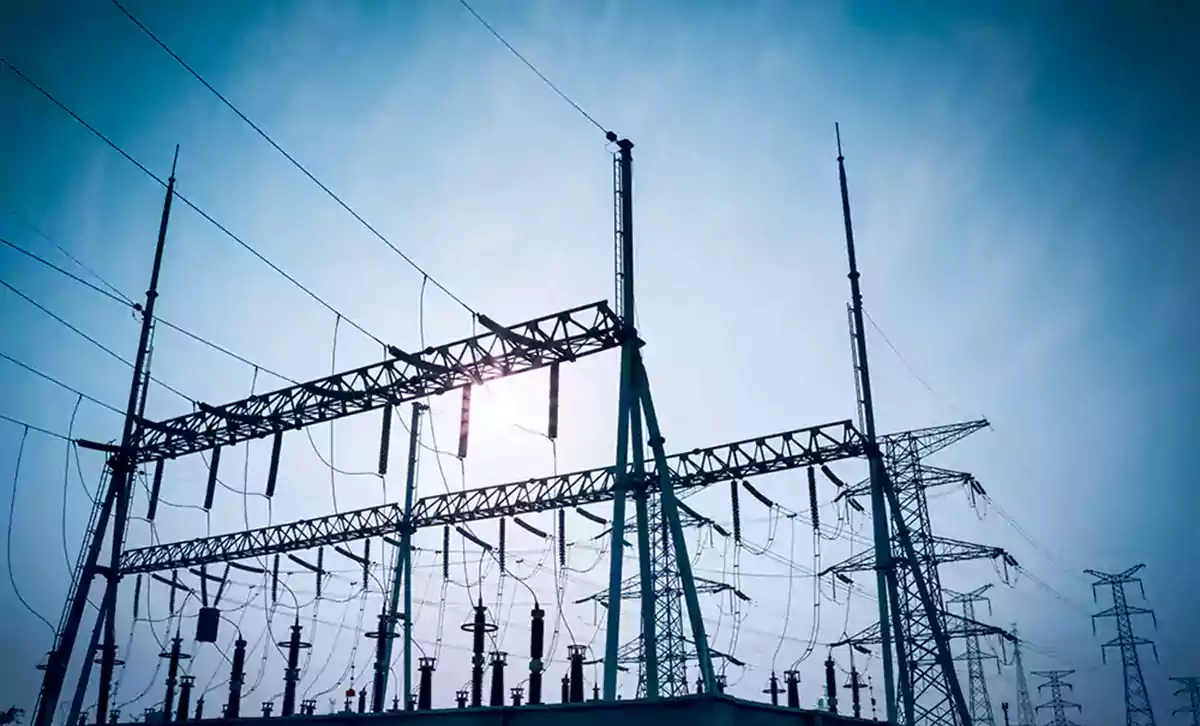The transition to a decarbonised economy is not only essential to halting climate change, but is also a driver of economic growth with the potential to create millions of green jobs. We are talking about jobs aimed directly at protecting the environment or which seek to minimise impact on the health of the planet.
According to the 2019 Report on the Emissions Gap published by the United Nations Organisation (ONU), global greenhouse gas emissions must be reduced by 7.6% per annum between 2020 and 2030 to reach the target of the Paris Agreement to limit global warming to 1.5 °C or 2.7% per annum to limit it to 2 °C. Even if all the commitments of the Agreement are fulfilled, continues the report, temperatures will rise 3.2 °C by the end of the century, with increasing frequency and intensity of the climate phenomena that have devastated the planet in recent years.
In light of the situation, humankind needs to speed up the transition toward a decarbonised economy which respects the environment. Such a transition not only has the potential to halt climate change, but also to become a real driver of growth by creating numerous green jobs in a great number of sectors, something that has been happening in the last few years in rich and emerging economies alike.
The circular economy, which involves reusing, repairing or recycling, increasing sustainable manufacturing and consumption, will also create green jobs. As well as reducing waste, the circular economy will save energy and contribute to preventing irreversible damage in terms of the climate, biodiversity and air, ground and water pollution caused by our exploitation of resources at a rate faster than the planet can replace them.
What are green jobs and what is their impact on the economy
In the United Nations Environment Programme (UNEP) green jobs are defined as “positions in agriculture, manufacturing, R&D, administrative, and service activities aimed at substantially preserving or restoring environmental quality”. In other words, environmental jobs are those aimed at protecting and promoting the environment, or those which consider their impact on the health of the planet at all times and endeavour to minimise it. According to the International Labour Organization (ILO), this type of job:
Increases efficient consumption of energy and raw materials.
Limits greenhouse gas emissions.
Minimises waste and contamination.
Protects and restores ecosystems.
Contributes to adaptation to climate change.
Another benefit of these green jobs is their effect on the global economy. The ILO has warned that, if nothing changes, growth in future employment will be insufficient to satisfy the growth in the workforce in emerging and developing countries. However, “changes in production and use of energy to achieve the 2 °C target may lead to the creation of around 18 million jobs in the world economy”, explains this organisation in its report World Employment and Social Outlook 2018. These changes, aimed at complying with the Paris Agreement and generating green jobs, will include more extensive use of energy from renewable sources, the growth of electric vehicles and carrying out construction works to achieve energy efficiency in buildings.
Booming sectors with green jobs
As a consequence of the decarbonization of the economy and the development of the circular economy, professions of future will be created, with existing jobs adapting to the new green reality. According to the experts, these are the sectors with the most potential to create green jobs:
Energy
According to the International Renewable Energies Agency (IRENA), renewable energies created more than 500,000 new jobs in the world in 2017 — an increase of 5.3% with respect to 2016 — and it is estimated that the sector now employs more than 10 million people. Jobs that require advanced qualifications in the renewable energy sector, such as senior engineers in thermosolar plants, are the best paid green jobs in the world.
Agriculture
According to the Research Institute of Organic Agriculture (FiBL), the organic agriculture market is still growing around the world, in many cases in double digit figures. In the United States, the world’s largest market, organic food sales increased by 6.4% in 2017, reaching 43,700 million euros. In the meantime, Europe experienced growth of 10.5%, reaching 37,300 million euros.
Design
European policies require increasingly high recycling rates and establish ever-stricter ecodesign criteria. This fact, added to many consumer’ environmental awareness, have made ecodesign — from packaging to building roofs and myriad products — a booming source of jobs.
Tourism
In a society increasingly concerned with the health of the planet, ecological tourism — or ecotourism — is a rising trend. This sector creates jobs related to activities such as design of adventure experiences, the creation of high mountain trails and the discovery of protected areas, as well as the renewal of rural areas, such as ecovillages, at risk of disappearance.
Transport
This sector is responsible for more than 30% of CO2 emissions in the European Union (EU), 72% of which come from road transport. Many countries have already adopted measures to drastically reduce transport emissions. The EU will cut these by 60% compared to 1990 levels for 2050, creating job opportunities in the electric vehicles sector, public transport and electrified railway good haulage.
What type of training is required?
Due to the wide range of green jobs available today, there is no single training profile for those known as green collar workers. Other than degrees, courses and postgraduate courses specialising in ecology, green training for a specific job consists of environmental specialisation within a sector.
People who work designing packaging, for example, must have a command of environmentally friendly materials. Likewise, a lawyer interested in protecting nature must specialise in environmental law and an engineer wanting to work in the energy sector will have to specialise in everything to do with renewable energy, energy efficiency and decarbonisation of the economy.
sou : iberdrola.com








